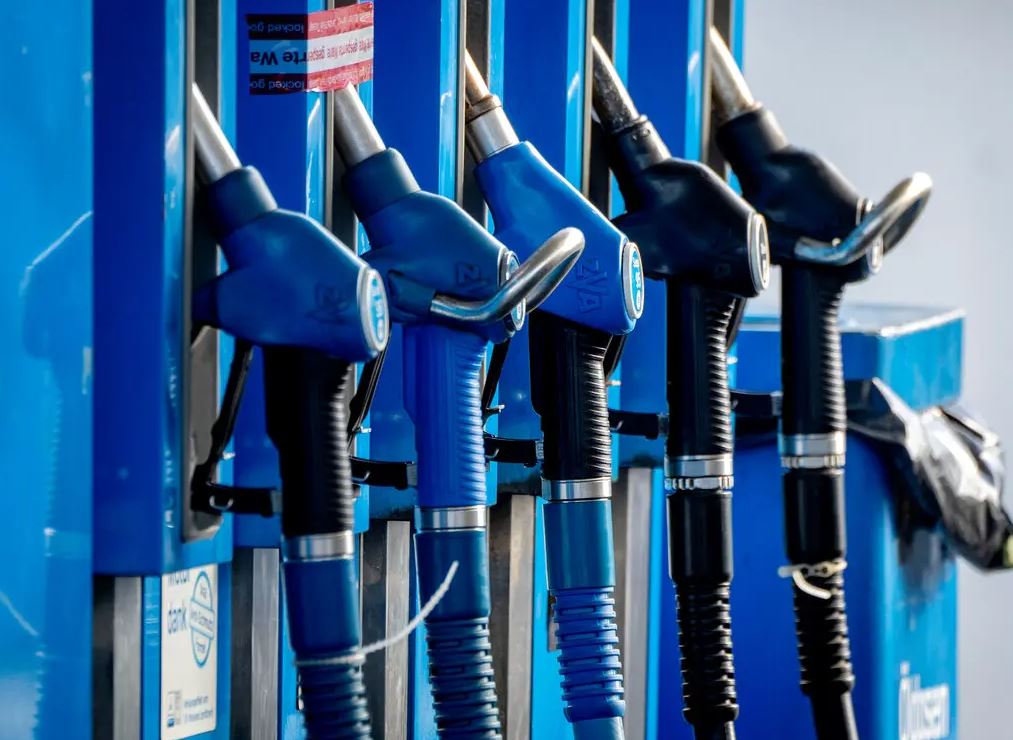On Sunday, OPEC and its partners, which include Russia, said that they will maintain the status quo with regard to their production limitations for oil. It would seem that the organisation known as OPEC Plus came to the conclusion during a teleconference that there was no need to adjust their strategy in light of the many unknowns surrounding the oil market.
The impending embargo as well as the price ceiling were the primary factors that led to the producers’ group deciding to hold their fire. It is not yet known what effect these measures will have on the oil markets, but it is possible that they may have an effect on the production of millions of barrels per day of oil in Russia. It’s possible that OPEC came to the conclusion that it was in the group’s best interest to stay quiet rather than run the danger of being held responsible if, for example, prices spike in the days ahead.
At the organization’s most recent meeting in October, the Saudis, who are the de facto leaders of OPEC Plus, were criticised by the Biden administration for orchestrating a production cut of two million barrels a day, which is equivalent to approximately 2 percent of the world’s total oil production. This declaration, which marked the first significant reduction in output in two years, was perceived as an attempt to boost the price of oil.
As a result of the fact that oil is purchased many weeks in advance, the production cuts that were announced in October did not start moving through the market until the most recent few weeks. In addition, the United States‘ strategic stockpile is reducing the amount of material it is releasing into the environment.
The Saudis, who are taking on the lion’s share of the production cuts, will most likely want to wait and see whether the production cuts and the end of the reserve releases can offset the weakening demand. This is especially true in China, which is the largest oil importer in the world, where Covid lockdowns are hindering industrial production and overall economic activity.
Brent oil, which is used as the worldwide benchmark, was trading at roughly $87 a barrel in the early hours of trade on Sunday. This is a significant decrease from June, when it was trading at more than $110 a barrel. West Texas Intermediate crude surged past $81 a barrel. Many experts believe that the Saudis are intent on achieving a price for Brent crude oil of about $90 per barrel, and that they will reduce output if prices fall far below that level, notwithstanding the objections of Western nations. This is the consensus among many analysts.
According to the opinions of market analysts, the future for the oil market in the weeks ahead is cloudy and unpredictable. An embargo will go into effect on tanker shipments of crude oil from Russia to ports in the European Union starting on Monday. This will be followed by a prohibition on the importation of refined goods from Russia, such as diesel, on February 5.
The embargo that will go into effect on Monday will be accompanied with a ban that will prevent shipping and insurance firms, the majority of which are located in Europe, from handling Russian oil that is valued at more than $60 per barrel.
Russia has made it clear that it will not agree to a price ceiling and has threatened to cut off supplies from countries that comply with the terms of the agreement. Analysts believe that Russia has been putting together a so-called “shadow fleet” of older tankers in order to handle its oil and circumvent the sanctions, but they are unconvinced that Russia will be able to put together a flotilla that is big enough. If it can’t find a solution, Russia could have to start abandoning its wells. However, Moscow has been able to maintain production at a significantly higher level than many analysts predicted it would be in the early stages of the conflict in Ukraine.
An interaction between the mounting challenges that Russia is anticipated to face in selling its oil and the impacts of a slowing global economy may take place in the weeks ahead. This interaction is likely to take place in the coming weeks. China will be an important consideration. The demand for imports is decreasing as a result of the lockdowns there. But after widespread protests against those restrictions, there has been some easing of the “zero Covid” rules. This has offered some hope of a gradual easing and a bounce back in fuel consumption.

